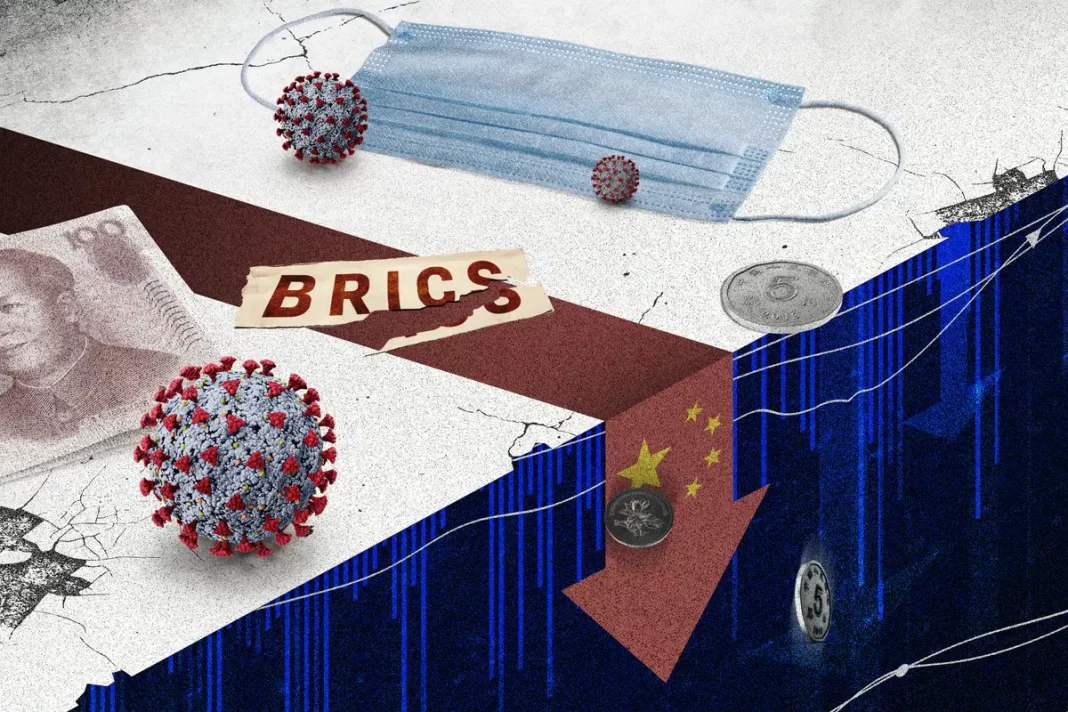
A year of large-scale virus outbreaks, mass layoffs, a dire property crisis, and huge debt is leaving the Chinese Communist Party struggling for survival.
Three years ago, Wang Zhongwei had never dreamed of defying the Chinese regime. At just shy of 30 years old, he had his hands full running an apparel export business in Wenzhou, China, with dozens of employees under him.
When his brother repeatedly called him from California, warning him about an emerging contagion in Wuhan in Hubei Province, Mr. Wang dismissed it vehemently. He told his brother that he believed in the Chinese Communist Party (CCP) and that China’s leaders would never cover up such a global risk.
Mr. Wang’s eyes were opened soon enough. Lockdowns turned his city into a “prison,” and he began to understand what the Party was willing to do for the sake of power.
If the regime could lie about matters of life and death, he wondered, what would become of him if he died of COVID-19?
“You are so insignificant that even if you die, nobody would know,” Mr. Wang told The Epoch Times.
If COVID-19 marked an inflection point for people such as Mr. Wang, the past year has just added to the regime’s disfavor.
Three years of unceasing lockdowns shuttered hundreds of thousands of private enterprises, including Mr. Wang’s, and decimated a sector that employs about 80 percent of the Chinese workforce at a time when the young and educated have been struggling to find jobs.
Any dreams of the pain easing in 2023 all but vaporized. Despite Chinese policymakers’ repeated push to extend financing support to small businesses, revitalize tourism, and bolster domestic spending, a desperately hoped-for economic rebound is nowhere in sight.
Cash-strapped governments have cut workers’ salaries and delayed their bonuses. A public hospital in the Gansu Province is 15 months behind on wages.
Plummeting demand has forced a medical equipment supplier in Chinese industrial hub Shenzhen to put employees on as much as 10 months of unpaid leave. Several other manufacturers, in industries from glass to aluminum, have resorted to the same measures in nearby Guangdong Province.
By Eva Fu






